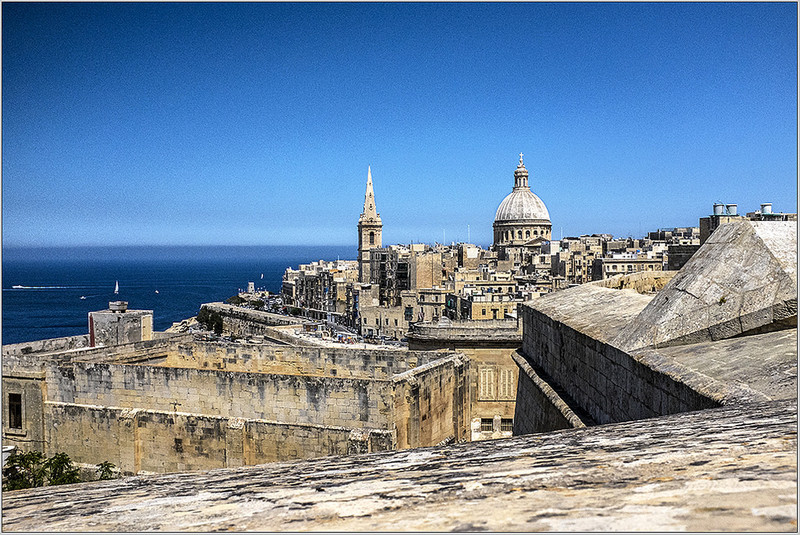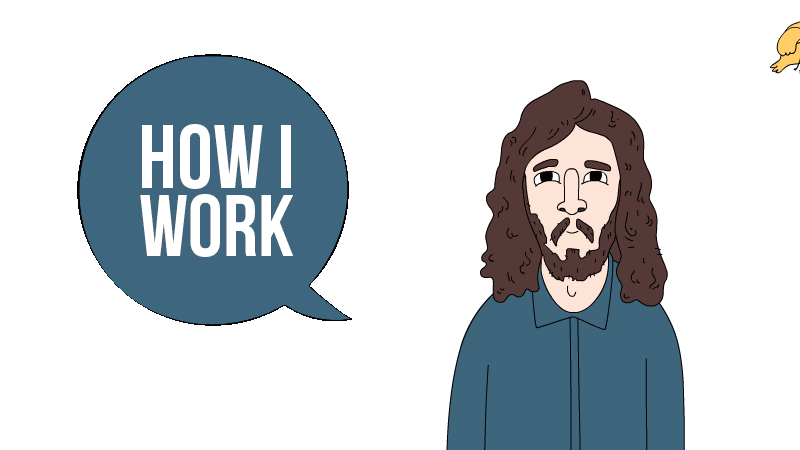As Europe’s refugee crisis heads into winter, EU leaders will discuss, again, how to tackle its causes and how to manage the flow of people without dismantling the visa-free Schengen zone.
On Monday (9 November), EU interior ministers will discuss efforts made so far on relocations, after last week saw the first asylum seekers being transported out of Greece to Luxembourg.
 Member states are still falling far short on numbers, with just a couple of thousand places made available so far out of the 160,000 agreed.
Member states are still falling far short on numbers, with just a couple of thousand places made available so far out of the 160,000 agreed.
EU leaders will head to Malta’s capital, Valletta, on Wednesday (11 November) to meet seek help from African heads of state on slowing the exodus.
Bulk migration has shifted to the Western Balkan route away from the Mediterranean Sea.
But wars and poverty in Africa, as well as Islamic radicalisation, for instance, in Nigeria with the Boko Haram group, are driving people out in search of a decent future.
Ways to create legal avenues for migration, the possibility of setting up reception centers in Africa, forced returns and readmissions, and the fight against human smugglers will be high on the agenda.
The EU will try to use a €1.8 billion Africa Trust Fund, to be launched in Valletta, as leverage to persuade African states to sign up to its requests.
Summit #5 on migration
EU leaders will stay in Malta for an extraordinary summit on migration on Thursday (12 November) – the fifth meeting this year on the topic.
The informal summit, called by EU Council president Donald Tusk, will focus on relocation, external border controls, and efforts to keep the visa-free Schengen zone intact, as more and more member states consider border controls, or even fences, to keep people out.
The meeting might also finalise an agreement on how much to pay Turkey, financially and politically, in exchange for keeping migrants in its own refugee camps.
EU enlargement commissioner Johannes Hahn and commission vice-president Frans Timmermans will travel to Ankara on Tuesday (10 November) to further discuss a joint action plan that would see Turkey crack down on smugglers, step up efforts to prevent migrants’ boats from going to Greece, and boost conditions in the camps.
The publication of the EU’s enlargement report on Turkey was delayed in order not to annoy Ankara ahead of last Sunday’s elections.
But Hahn is now scheduled to appear on Tuesday in front of the European Parliament’s foreign affairs committee to present the enlargement reports.
Tusk and Juncker will also travel to Antalya, Turkey, on Sunday, for a G20 summit of industrialised nations.
Greece, Portugal, UK, Israel
Greece, where over 600,000 people have entere the EU will, on Monday (9 November), await a decision by fellow eurozone finance ministers on paying a new tranche from its bailout program.
But Athens and its creditors will first have to come to an agreement on recapitalisation of banks, non-performing loans, and home foreclosures to unlock the €2 billion payment.
The week will also be a rocky one for Portugal, where a political crisis is unfolding.
After the October elections failed to point to a clear winner, a minority government was set up by prime minister Pedro Passos Coelho, which Socialists vow to topple when a vote takes place Tuesday or Wednesday on the cabinet’s legislative program.
The week is expected to bring more clarity on what exactly the United Kingdom would like to see in renegotiating its EU membership, as prime minister David Cameron spells out his “wish list” for a reformed EU and UK-EU relationship.
It is also likely to see turbulence in EU-Israeli relations if the EU publishes its long-awaited code on retail labels for Israeli settler products on Wednesday (11 November), a date indicated by Israeli media.
[“source-euobserver”]





